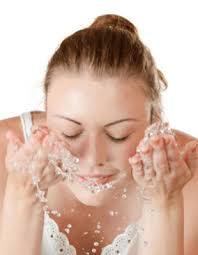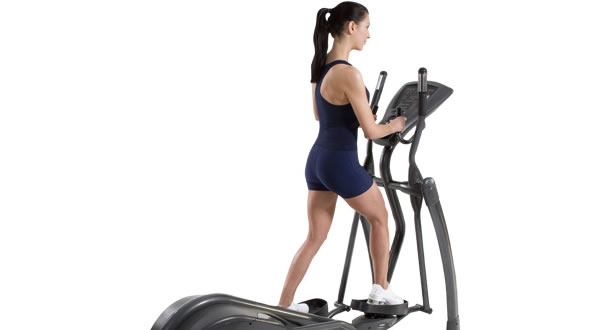Best Ways To Lose Weight Without Fad Diets That Don’t Help
Your weight is an important factor in your social, romantic, and physical life on a day to day basis. Sooner or later, you will have to decide if you need to begin focusing on losing a few pounds and moving towards a healthier, more successful you. When you do, the information here will help guide you along the path and reach your destination a little bit quicker.
One great way to lose weight if you are at work is to take the stairs instead of the elevator. It’s a simple tip, but it really works. It you work on the 10th floor and it takes about 30 second to go up a flight of stairs, it will take you only 5 minutes to get to your destination. The wait and travel time for an elevator will probably close to that, if not longer.
Eat plenty of salad, but be careful with the salad dressing! By adding a couple of tablespoons of salad dressing, you have transformed your low-fat food into a high-fat meal. Simply dress the salad with a little flavored vinegar and a touch of oil, or use a purchased non-fat or low-fat dressing. Beware of high-fat extras such as cheese, bacon bits, or croutons.
Setting realistic goals will help you lose weight. If you set goals that are way out of your reach (like losing 10 pounds in one week) it will leave you feeling discouraged and like you can’t lose weight, and most likely you will give up. Just take your time and keep a good mind set.
Make sure to eat slowly. Most people eat too quickly. If you slow down the speed you eat by setting down your fork between bites or holding a conversation, you will more readily recognize when you are full. This means you are less likely to overeat while you wait for your stomach to catch up with the food you’ve already eaten.
When on a weight loss plan, plate your food in the kitchen before sitting down to eat instead of serving food “family style” at the table. You are more likely to plate smaller portions and wait before adding food to your plate. By waiting you allow time to feel full.
For weight loss, look for new recipes. You might have to replace certain ingredients that would be too rich for your diet. For instance, you can replace all sorts of creams with silken tofu. Experiment with the recipes you already know and learn new ones that you can easily adapt to your needs.
When striving to lose weight, it is important not to compete with others. Each person is different and by comparing yourself to others motivation could be lost. It is also important to note that each person loses weight differently, and therefore, it is not practical to compare yourself to other people.
To help you lose weight, try to set up a diet that is as natural as possible. Remove as many processed foods as you can from your diet. This will help you reduce your caloric intake while increasing the quality of the foods you eat. In this way, you will remain healthy while losing weight.
You should make the habit of eating three times a day, at the same time every day. This will help you stay away from snacks and also help you reduce the quantity of food that you eat. Eat in the morning, around noon and around nine in the evening for better results.
Allow yourself a treat. Deprivation is one of the biggest causes of weight loss failure. When you completely deprive yourself of foods you love, it can often lead to a binge if your resolve weakens. Instead of completely eliminating your favorite junk foods, allow yourself a small amount as a treat once in a while. Moderation is the key here – a single cookie instead of the whole package will satisfy your sweet tooth without spoiling your diet.
No two people can follow the exact same pattern, but these tips that are offered above, are great for nearly any size and lifestyle. You can find a way to adjust the routines and fit yourself into a schedule that results in looking and feeling better, than ever before. It is never too late to start dropping a pants’ size.








